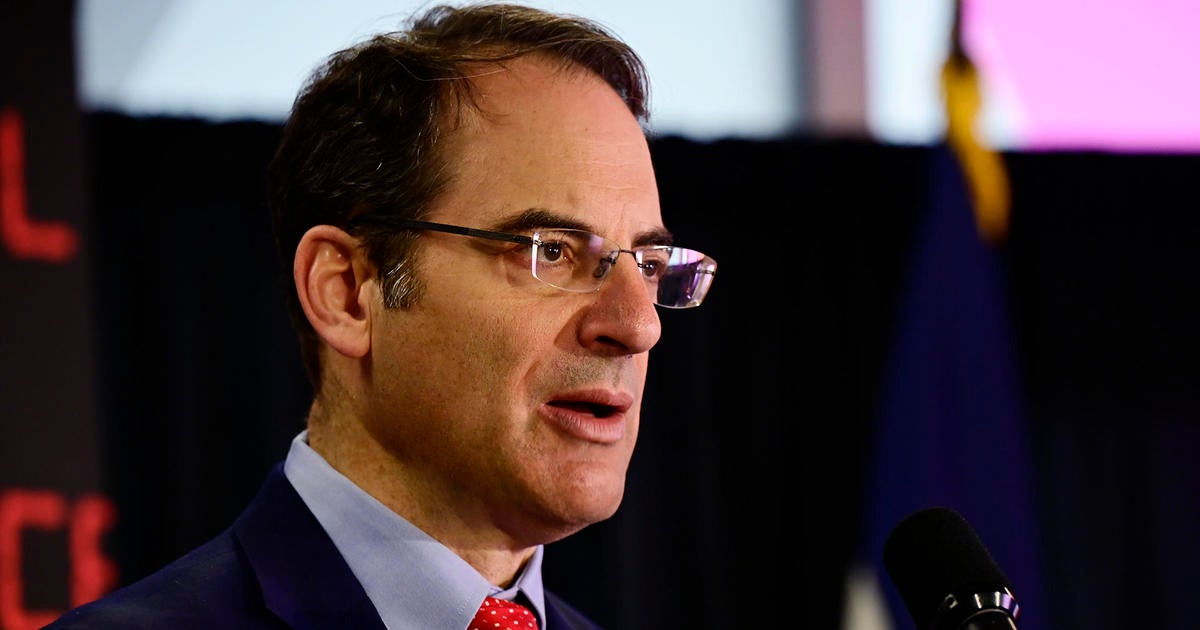The collaboration aims to improve the accessibility and customisability of Lunit’s AI algorithms for cancer detection.
 According to GlobalData analysis, the use of AI across healthcare is rapidly advancing, with the market projected to reach a valuation of around $19bn by 2027. Image credit: MONOPOLY919 via Shutterstock.
According to GlobalData analysis, the use of AI across healthcare is rapidly advancing, with the market projected to reach a valuation of around $19bn by 2027. Image credit: MONOPOLY919 via Shutterstock.
South Korean AI company Lunit is collaborating with Microsoft to help bring its AI-powered diagnostics for cancer detection into clinical practice.
According to Lunit, the partnership aligns with its vision to create AI tools that fit smoothly into everyday clinical care.
The collaboration will involve Lunit and Microsoft’s development of a tool for customising AI models that will be embedded into Microsoft’s Azure cloud platform, thereby allowing Lunit users to customise their AI models using site-specific clinical data.
Lunit adds that the approach will mitigate cross-site model performance variability, which it views as a key hurdle in the deployment of AI diagnostics in real-world clinical settings.
The developer also plans to use Microsoft’s agentic AI frameworks, which are designed to support intelligent task automation, to develop workflow automation tools. According to Lunit, these solutions will simplify clinical decision-making and improve operational efficiency for its AI cancer diagnostic tools.
Lunit’s AI tools include the SCOPE HER2 algorithm for human epidermal growth factor receptor 2 (HER2) biomarker evaluation in metastatic colorectal cancer (mCRC) patients undergoing HER2-targeted therapy, and INSIGHT DBT for identifying breast cancer in mammogram images.

GlobalData Strategic Intelligence
Don’t let policy changes catch you off guard. Stay proactive with real-time data and expert analysis.
By GlobalData
Lunit CEO Brandon Suh commented: “Our collaboration with Microsoft enables us to bring our AI to more providers through trusted platforms like Microsoft Azure, helping us expand access in the US and beyond.”
According to GlobalData analysis, the use of AI across healthcare is rapidly advancing, with the market projected to reach a valuation of around $19bn by 2027. Radiology has emerged as one of the most common areas in which AI is being applied – chiefly as a means to drive efficiencies and glean insights that humans evaluating radiologic images could miss.
Naveen Valluri, general manager of health and life sciences data and AI at Microsoft, commented: “With Microsoft Azure, we are shaping an ecosystem that supports partners like Lunit in delivering scalable AI innovations.
“By combining our infrastructure with clinical-grade AI developed in close collaboration with leaders like Lunit, we’re accelerating the development of integrated solutions for radiology and beyond.”
Medical Device Network Excellence Awards - Have you nominated?
Nominations are now open for the prestigious Medical Device Network Excellence Awards - one of the industry's most recognised programmes celebrating innovation, leadership, and impact. This is your chance to showcase your achievements, highlight industry advancements, and gain global recognition. Don't miss the opportunity to be honoured among the best - submit your nomination today!









 English (US) ·
English (US) ·